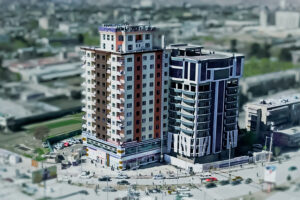
Many people prefer arbitration as a way to settle disagreements without going to court. While it is often seen as a quicker and more private process, it does come with its own set of challenges. Being prepared for these early on can lead to smoother handling of the case. Working with experienced arbitration lawyers in Dubai may reduce the chances of unexpected issues.
Limited appeal options:
One of the main points in arbitration is that the decision is usually final. This means there is little to no room to appeal, even if one party feels the outcome was unfair. This finality may create concerns, especially if there is a mistake in how the case was handled or how the facts were presented.
High costs in some cases:
Although arbitration is often seen as cost-effective, this is not always the case. Depending on the location, the chosen arbitrator, and the length of the dispute, the fees may increase. Some cases may even turn out to be as expensive as court trials, especially in complex commercial matters.
Lack of formal rules:
Arbitration does not always follow strict legal procedures. While this brings flexibility, it may also cause uncertainty. When both parties expect different standards, there could be confusion or disputes over how things should move forward.
Uneven bargaining power:
In some cases, one party might have more knowledge or influence in the arbitration process. This may affect how comfortable the other party feels in presenting their side. If the arbitrator is not fully neutral, or if one party is much more prepared, it may create an imbalance.
Delays in process:
Though usually quicker than court litigation, arbitration may still face delays. Conflicts in schedules, late submissions, or disagreements between parties can slow down the entire process. These delays may become frustrating, especially if the issue is time-sensitive.
Difficulty in enforcing awards:
While arbitration decisions are often enforceable, this might not be easy in every country or legal setting. Differences in local laws or resistance from the losing party may slow down enforcement. This is especially relevant in cross-border disputes where more legal steps may be involved.
Limited discovery process:
Unlike court trials, arbitration usually involves limited discovery. This means fewer chances to gather information from the other party. If one side is hiding key facts or documents, it may affect how the outcome turns out.







